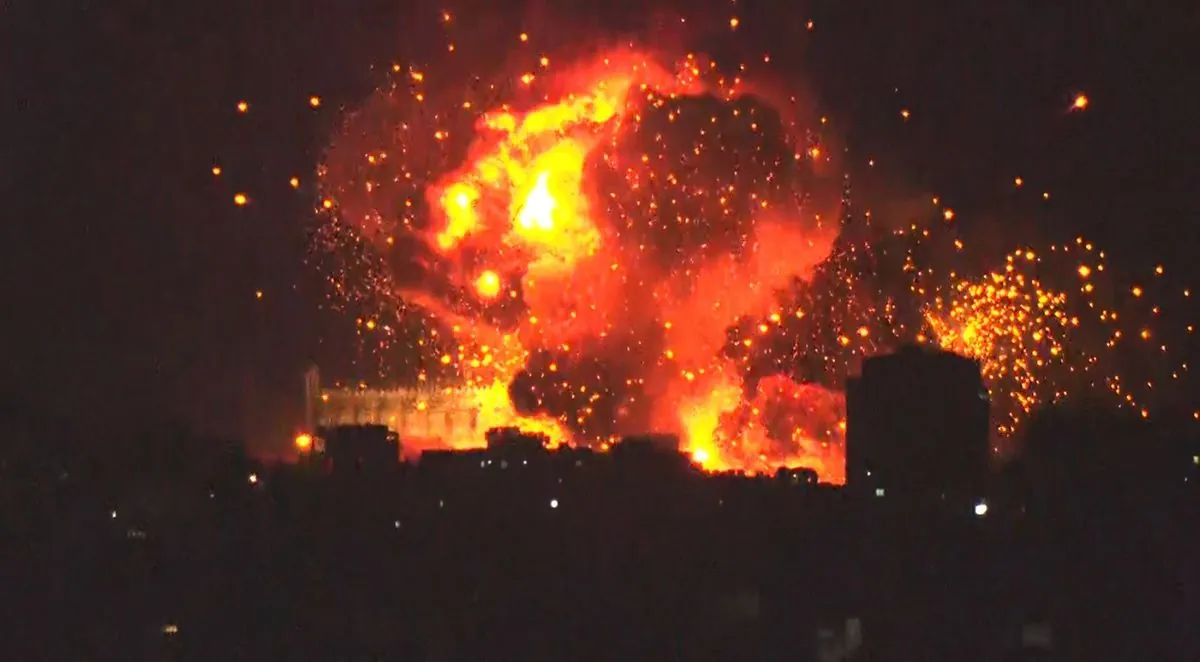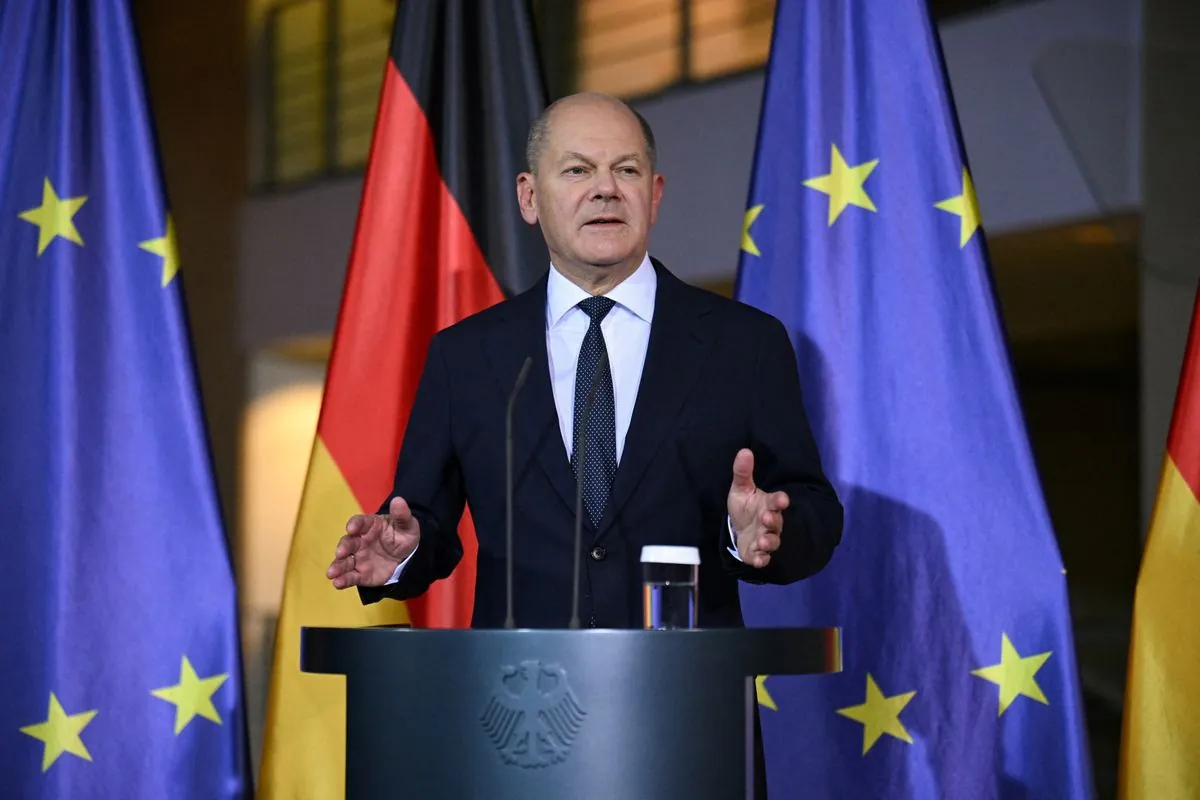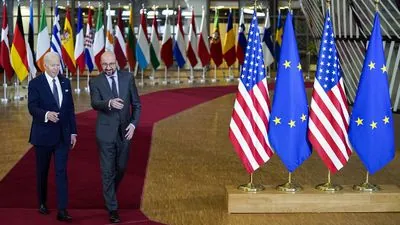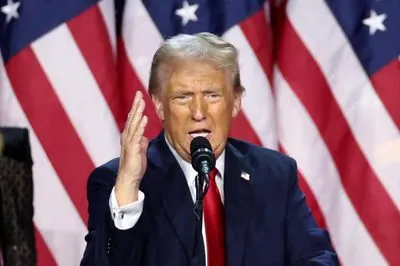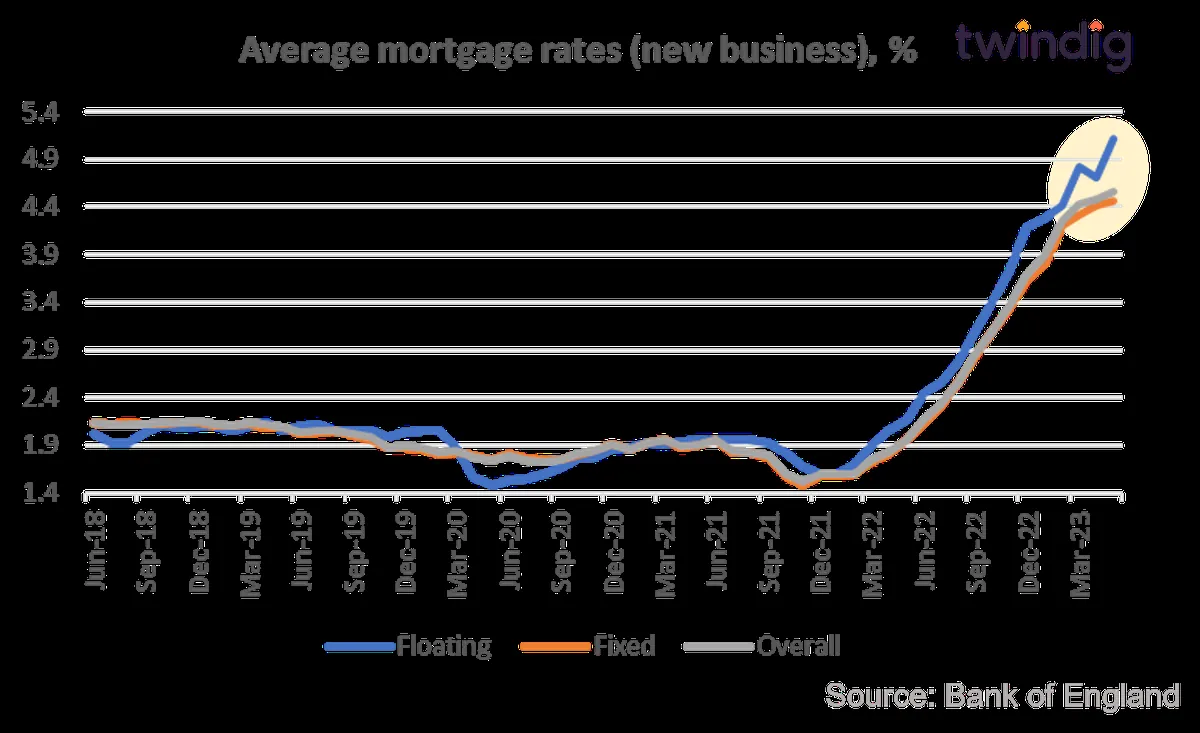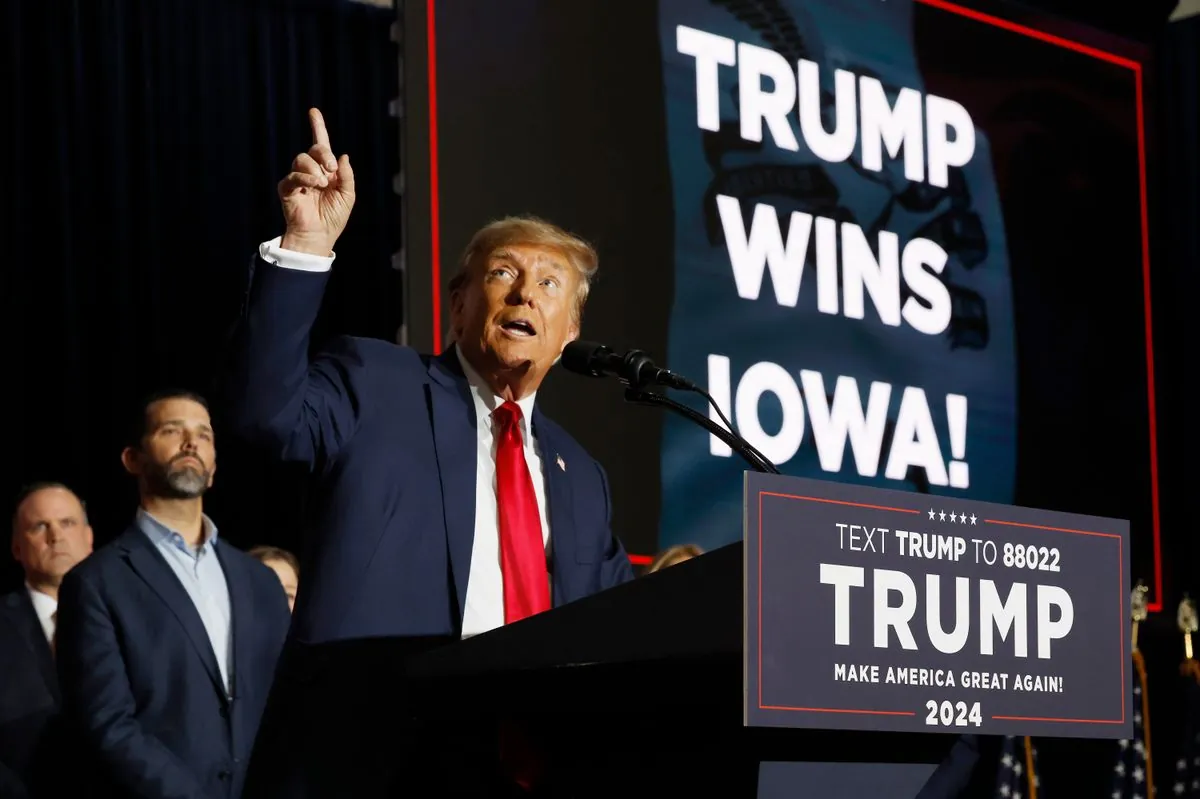Dmitry Peskov
Dmitry Sergeyevich Peskov is a Russian diplomat and the press secretary for Russian president Vladimir Putin.
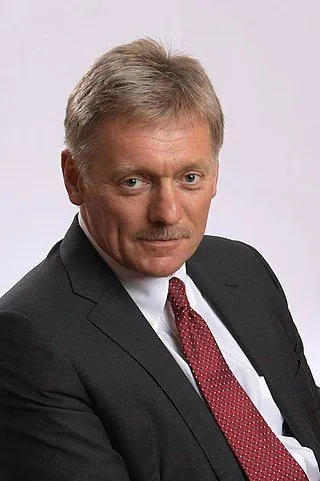
Some of the key events about Dmitry Peskov
- 1989Graduated from Moscow State University with a degree in history and international relations
- 1990Began career as a diplomat in the Soviet Foreign Ministry
- 2000Joined the press service of the Russian President
- 2004Appointed First Deputy Press Secretary of the President of Russia
- 2008Became Press Secretary for Prime Minister Vladimir Putin
- 2012Appointed Deputy Chief of Staff of the Presidential Administration and Press Secretary for President Putin
- 2014Promoted to the rank of Ambassador Extraordinary and Plenipotentiary
- 2014Defended Russia's annexation of Crimea, claiming it was a legitimate response to protect Russian-speaking populations
- 2015Justified Russian military intervention in Syria, despite international concerns about civilian casualties
- 2016Denied Russian involvement in the U.S. presidential election, despite evidence to the contrary
- 2018Reappointed as Press Secretary for President Putin's new term
- 2018Dismissed allegations of Russian involvement in the poisoning of Sergei and Yulia Skripal in the UK
- 2019Defended the arrest of investigative journalist Ivan Golunov, initially claiming drug charges were legitimate
- 2020Became a member of the Board of Trustees of the Russian Olympic Committee
- 2020Downplayed the severity of the COVID-19 pandemic in Russia, contradicting health experts' warnings
- 2021Justified the imprisonment of opposition leader Alexei Navalny, claiming he violated parole conditions
- 2022Appointed as Deputy Chief of Staff of the Presidential Executive Office
- 2022Defended Russia's full-scale invasion of Ukraine, describing it as a "special military operation"
- 2022Threatened Western countries with nuclear retaliation for supporting Ukraine
- 2023Dismissed reports of Russian war crimes in Ukraine, calling them "fake news"
Disclaimer: This material is written based on information taken from open sources, including Wikipedia, news media, podcasts, and other public sources.
Dmitry Peskov Latest news

Syrian rebels make shocking comeback in Aleppo after 8-year absence
November 29 2024 , 08:03 PM • 2649 views
Secret UK-France military plans for Ukraine leaked - what's really going on?
November 25 2024 , 07:19 PM • 1027 views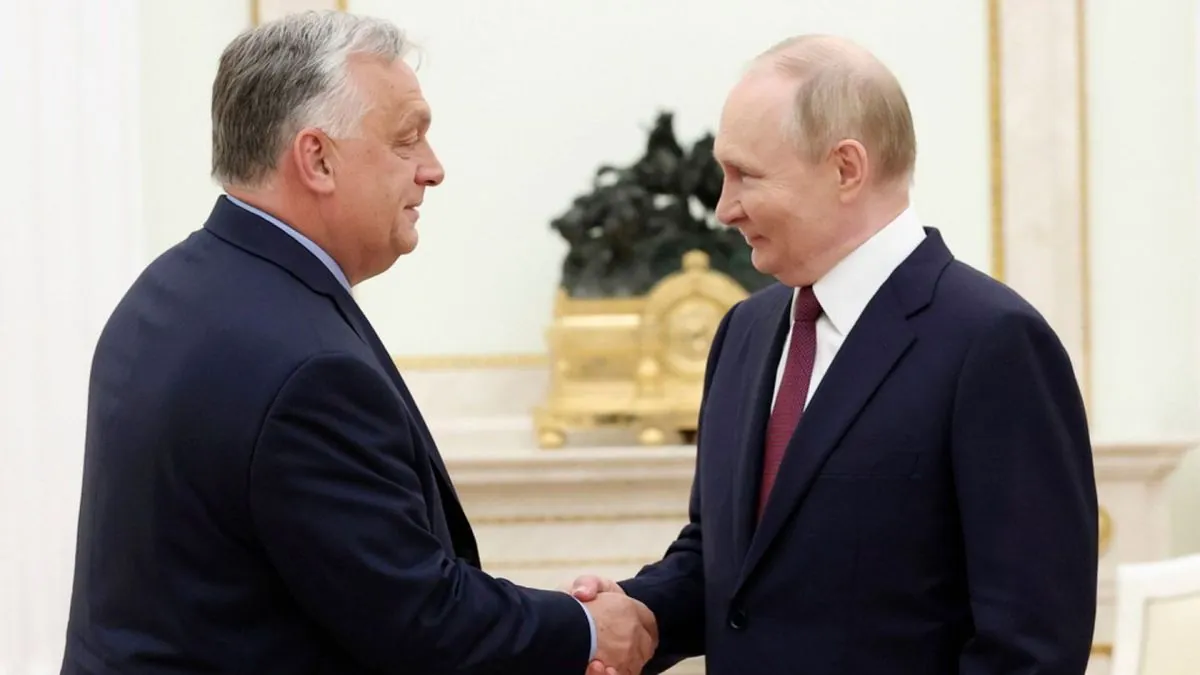
Putin's peace talks game: What's behind Russia's new diplomatic moves
November 21 2024 , 05:59 PM • 229 views
Syrian rebels make shocking comeback in Aleppo after 8-year absence
Syrian opposition forces break into Aleppo for first time since losing control in 2016. The sudden advance includes capture of military equipment and dozens of towns‚ marking huge shift in long-frozen conflict
Society, Politics • November 29 2024 , 08:03 PM • 2649 views

Secret UK-France military plans for Ukraine leaked - what's really going on?
British-French talks about military presence in Ukraine got exposed by French media despite Kremlins denial. Recent developments show growing involvement of Western private defense companies in the conflict
Politics • November 25 2024 , 07:19 PM • 1027 views
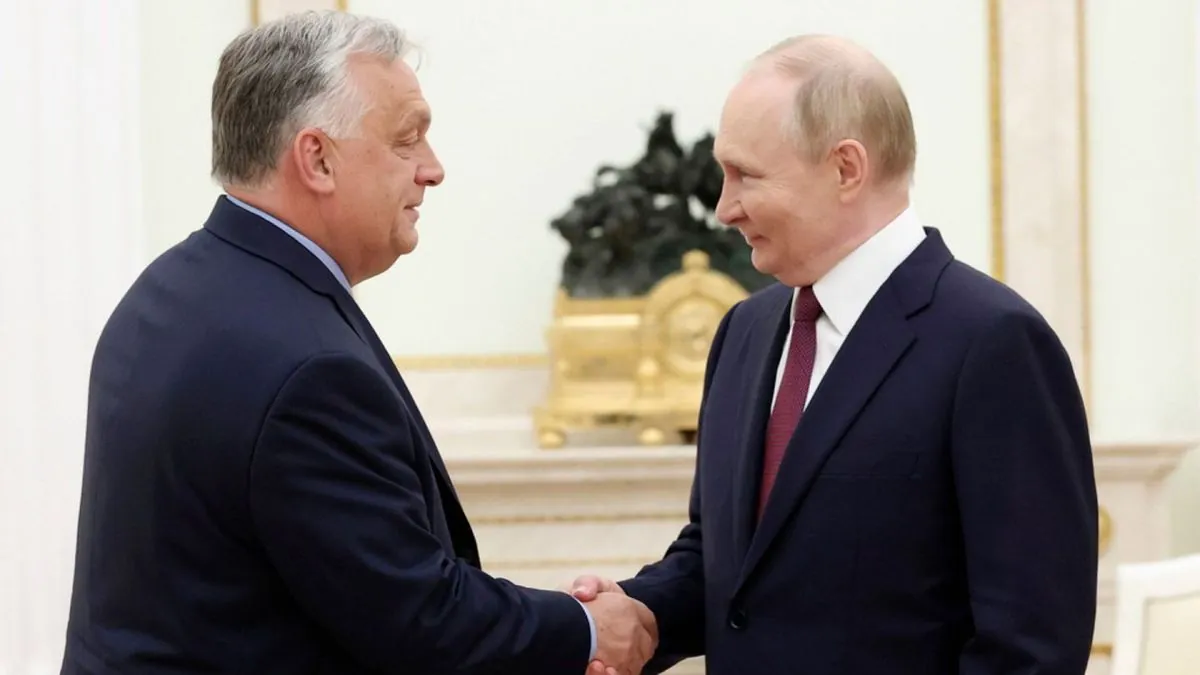
Putin's peace talks game: What's behind Russia's new diplomatic moves
Recent talks about Russia-Ukraine ceasefire with Trump raise questions about Putinʼs real intentions. Moscowʼs actions and statements show complex strategy behind diplomatic gestures
Economics, Politics • November 21 2024 , 05:59 PM • 229 views

